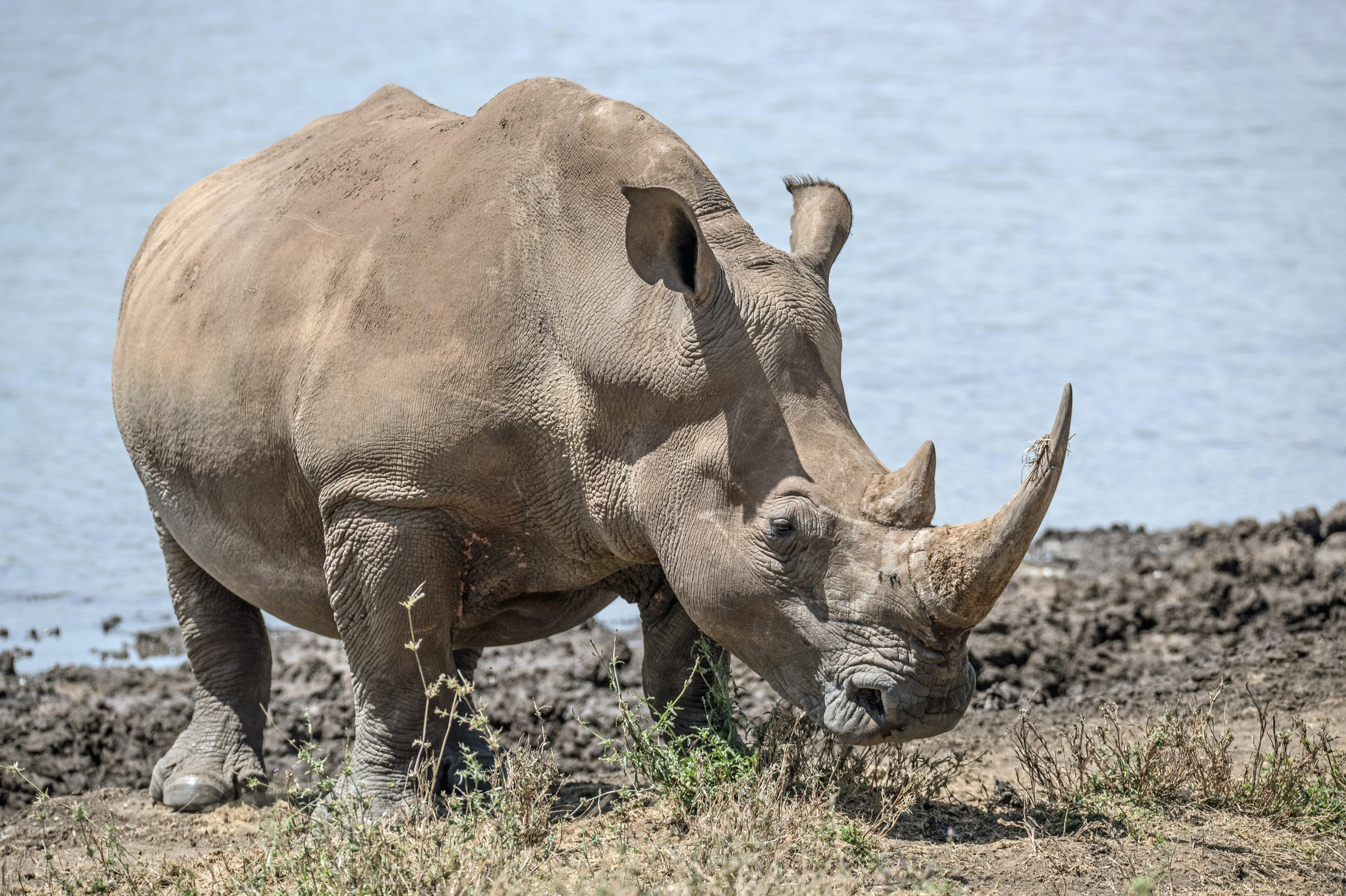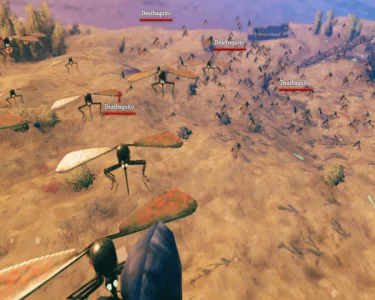Rhinoceroses are not just fascinating animals; they also play a vital role in their ecosystems. These majestic creatures are herbivores, which means they feed on plants and vegetation, making them an essential part of the food chain. In this article, we will take a closer look at the importance of rhinoceros in their ecosystems.
First and foremost, rhinoceroses are important herbivores that help maintain the balance of the ecosystem. They feed on a variety of vegetation, including grasses, leaves, and branches. By doing so, they help keep plant populations in check and prevent overgrowth, which can lead to soil erosion and other environmental issues. Additionally, the grazing activities of rhinoceroses create new pathways for other animals to navigate through the landscape, further contributing to the balance of the ecosystem.
In addition to their role as herbivores, rhinoceroses also play a crucial role in maintaining the health of the ecosystem. For example, rhinoceroses help to distribute seeds throughout their habitats, which helps to regenerate plant populations and maintain the diversity of plant species. Furthermore, rhinoceroses are known to dig in the ground with their horns and hooves, creating small depressions that collect water during rainy seasons. These depressions, known as wallows, provide vital sources of water for other animals and can help prevent droughts in their habitats.
Another important role that rhinoceroses play in their ecosystems is as indicators of environmental health. Rhinoceros populations are highly sensitive to changes in their habitats and are often the first species to be affected by environmental degradation. Therefore, monitoring the health and population of rhinoceroses can provide valuable insights into the overall health of the ecosystem.
Unfortunately, rhinoceros populations are currently under threat due to habitat loss and poaching. According to the International Union for Conservation of Nature, three of the five rhinoceros species are listed as critically endangered, meaning they are at high risk of extinction. This is concerning not just for the survival of these magnificent animals but also for the health and balance of the ecosystems they inhabit.
In conclusion, rhinoceroses play an important role in their ecosystems as herbivores, seed distributors, and indicators of environmental health. Their grazing activities help maintain the balance of the ecosystem, while their seed distribution and wallowing activities contribute to the health and diversity of plant populations. It is important that we take steps to protect rhinoceros populations and their habitats to ensure the continued health and balance of the ecosystems they inhabit.




